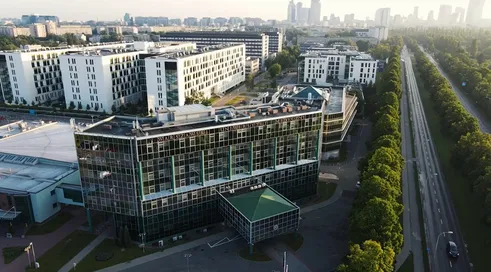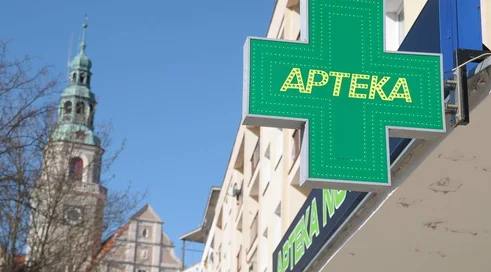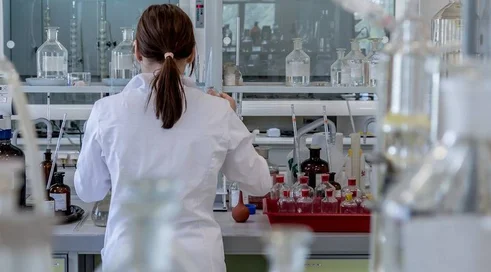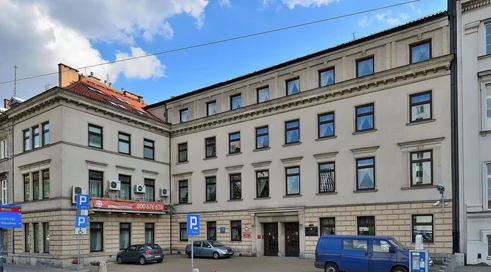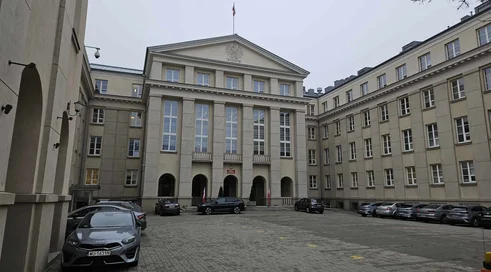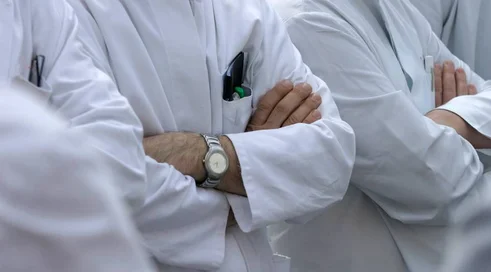A hospital pharmacy is not a public place, visible to everyone in the hospital. Usually there is not even a signboard or a green cross at its entrance. How is such a pharmacy different from a commercial pharmacy, and why is it so difficult to spot on the hospital grounds, although it is said to be the heart of the hospital?
Joanna Jurkowska, M.D.: Hospital pharmacies, for logistical reasons related to deliveries, are usually located on the lowest floors, where few people reach. But those interested know very well where they are. Here, medicinal products are purchased on the basis of concluded tender contracts for hospital needs. The hospital pharmacy fulfills aggregate requests for medicines from individual departments or clinics, but also prescriptions for a specific patient, but does not sell them to individuals. This is the case with parenteral nutrition preparations, antibiotics, infusion fluids or cytotoxic drugs, among others. Some medicinal products are prepared under special conditions, on site i.e. clean rooms in accordance with good manufacturing practice to ensure their microbiological purity. There is no room for the individual patient
No hospital can function without a hospital pharmacy, just as an organism cannot function without a heart. Without its perfect operation, proper patient care, adequate supply of medicinal products and safe pharmacotherapy cannot be guaranteed. The hospital pharmacy is simply the foundation of hospital operation. Unlike a general pharmacy - in addition to purchasing and distributing medicinal products - it prepares specialized preparations for parenteral nutrition, prescription drugs, daily dose drugs, infusion fluids, radiopharmaceuticals and monitors adverse drug reactions, and its employees participate in clinical trials.
Th...
Content locked
To gain access to the complete English section of the Medexpress.pl, kindly reach out to us at english@medexpress.pl.




